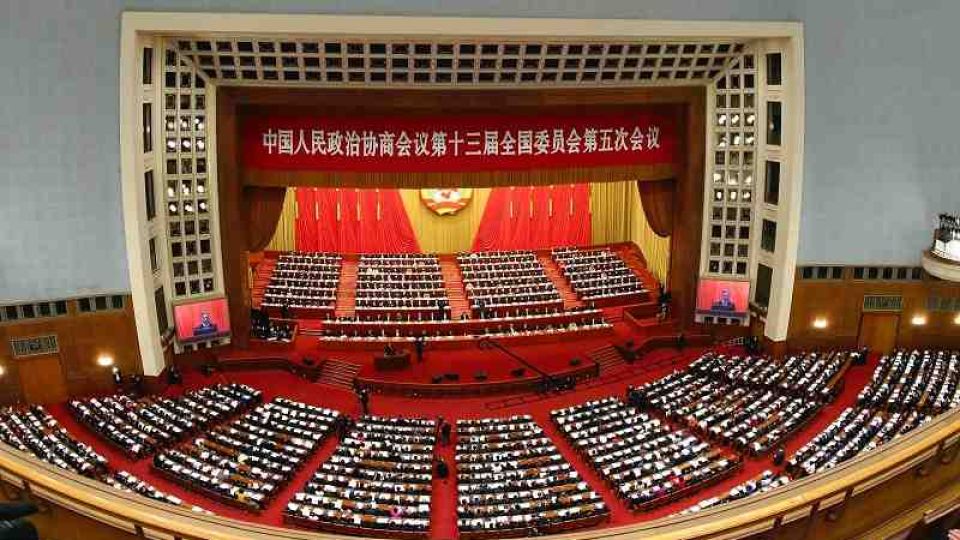September 27, 2022
SHENYANG — The administration of Chinese President Xi Jinping is tightening its regulation of online speech ahead of next month’s National Party Congress. The Chinese Communist Party wants to contain criticism of the administration ahead of the congress, which is expected to confer on Xi a third term as China’s leader.
The number of netizens in China has doubled from 10 years ago to more than 1 billion. Since 2019 the country’s cyberspace regulator has removed more than 20 billion postings of what it has deemed as inappropriate information and shut down nearly 1.4 billion accounts.
In a recent case, the Weibo account of Lao Dongyan, a criminal law professor at Tsinghua University in Beijing, “had been wiped clean.”
Hong Kong’s South China Morning Post reported on Sept. 21 that Lao is “a prominent China policy critic with more than 400,000 followers” who is “well-known for her critical stance on abuse of Covid-19 restrictions by various mid- and low-level governments.”
The English-language daily added that Lao “had become one of the latest intellectuals to be silenced online, one month before the Communist Party is set to convene its 20th national congress.”
Restrictions are routinely tightened before major party events. The fact that the number of reports that the authority has received regarding inappropriate postings began to rise in August is also seen as moves toward control ahead of the party congress.
August was also the month that users of social media who had not registered using their real names were prohibited from accessing their accounts. Users whose accounts were shut down in the past have not been allowed to open new accounts.
Early this month, a three-month nationwide campaign was launched to crack down on false rumors in cyberspace.
Behind these moves is the CCP’s wariness that unfavorable opinions posted online could shake the social stability that the Xi administration values.
“‘Failure in the cyberspace domain will spell disaster for the party’s long-term governance’ is an important proposition put forward by General Secretary Xi,” said Sun Yeli, deputy director of the Publicity Department of the party’s Central Committee, during a press conference in August.

